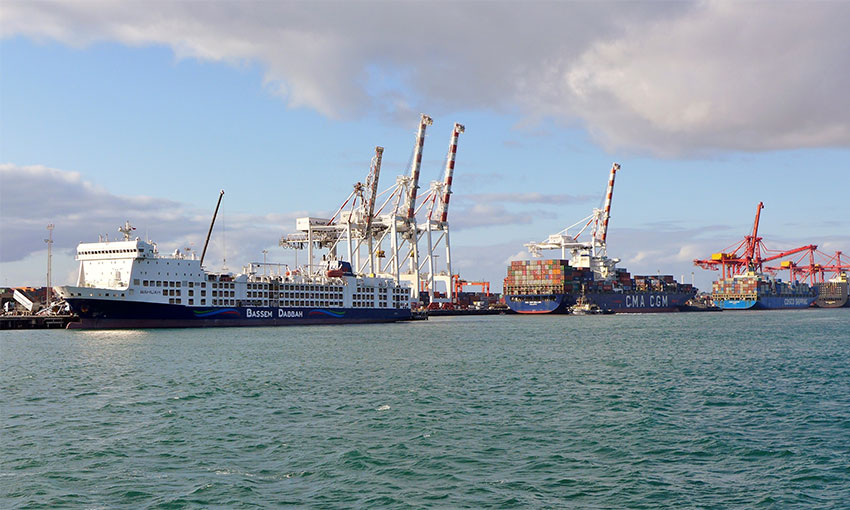SEVERAL hundred cattle were unloaded from the livestock carrier Bahijah in Fremantle on Friday night and the vessel sent back to sea for cleaning, with no decision made on plans to re-export the ship’s remaining cargo.
In a Saturday evening update the Department of Agriculture, Fisheries and Forestry said officials were present to ensure all biosecurity protocols were met at the discharge, which occurred at the exporter’s request.
The cattle appeared healthy and well and had been moved to appropriate premises where they are quarantining safely. There were no animal welfare issues associated with the unloading, DAFF said.
This action is separate to the potential re-export of the remaining animals on the vessel, where the exporter’s registered veterinarian continues to report back to the department daily on the health and welfare of the livestock.
The department continues to assess the application to re-export the livestock provided by the Israeli exporter, Bassem Dabbah. Bahijah has already been resupplied with fuel, fodder and crew provisions.
Meanwhile, according to overseas media reports, Israeli animal groups Let the Animals Live and Animals Now have filed legal proceedings seeking to prevent the animals on board Bahijah – now quantified as, originally, 14,000 sheep and 2000 cattle – from being imported into Israel.
Separately, DAFF has approved the voyage of another livestock carrier, Jawan, which left Fremantle on Thursday (1 February) also initially destined for Aqaba, Jordan.
The Panama-flag Jawan, built in 2003 as a container ship and converted in 2015, is operated by Abu Dhabi-based Mira International Shipping, which has a fleet of nine livestock carriers regularly seen in Australian waters. It has capacity for 6945 cattle or 26,686 sheep.
Reuters reported that the department’s approval came with a contingency plan including that Jawan cannot enter the Red Sea unless DAFF gives approval to do so 72 hours prior. If the vessel cannot enter it will unload in the Gulf and the animals will be trucked overland to Jordan.
Earlier, DAFF secretary Adam Fennessy told a media conference the department continued to assess the application to re-export the livestock provided by the exporter.
“I’d like to provide some information on the process. The decision maker has an obligation to consider all relevant information, from a range of sources, on complex issues relating to export legislation, animal welfare considerations and the requirements of our international trading partners,” Mr Fennessy said.
“It is a complex process, and this is a unique situation. We are doing everything we can to resolve the situation and we will continue to release information and respond to inquiries until that time.”

